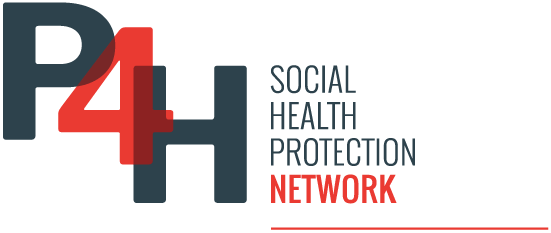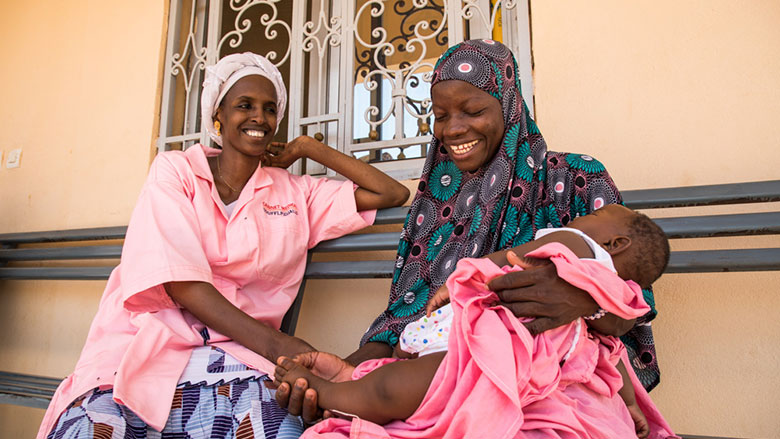
NIger: World Bank injects funds into maternal and child health
Niger's healthcare system is facing major difficulties. Despite the progress made in recent years, the country still has a high mortality rate among children under five (77 deaths per 1 000 live births in 2020), while stunted growth continues to have a...

Niger- I3S project: 157 million CFA francs in medicines and consumables for women and children in the Dosso region
On Wednesday September 29 in Niamey, the Minister of Public Health, Population and Social Affairs, Mr Illiassou Idi Maïnassara, took delivery of medicines and medical consumables donated by the Initiative Santé Solidarité Sahel (I3S) project for children aged 0-5 and...

Mulitisectoral collaborration in addressing priority health issues in Bhutan
Bhutan prioritizes the mass screening program for cervical, breast, and gastric cancer as national issues and plans to achieve 100 percent coverage. Early detection through the screening program could save lives as well as cost of treatment. To achieve the mass...

In Thailand, Social Security Scheme continues the reduction of contribution rates for three months
Thai Cabinet has approved an extension of the Social Security contribution reduction for both employers and workers for another three months, from September to November, aiming to assist businesses and employees affected by the COVID-19 pandemic. Following the...

Employers to receive more than S$900 million in Jobs Support Scheme payouts in Singapore
Over S$900 million in Jobs Support Scheme (JSS) payouts will be disbursed to employers from Sep 30, aiming to subsidize the salaries of Singaporeans and permanent residents to help firms affected by the COVID-19 pandemic More than 43,900 employers in...
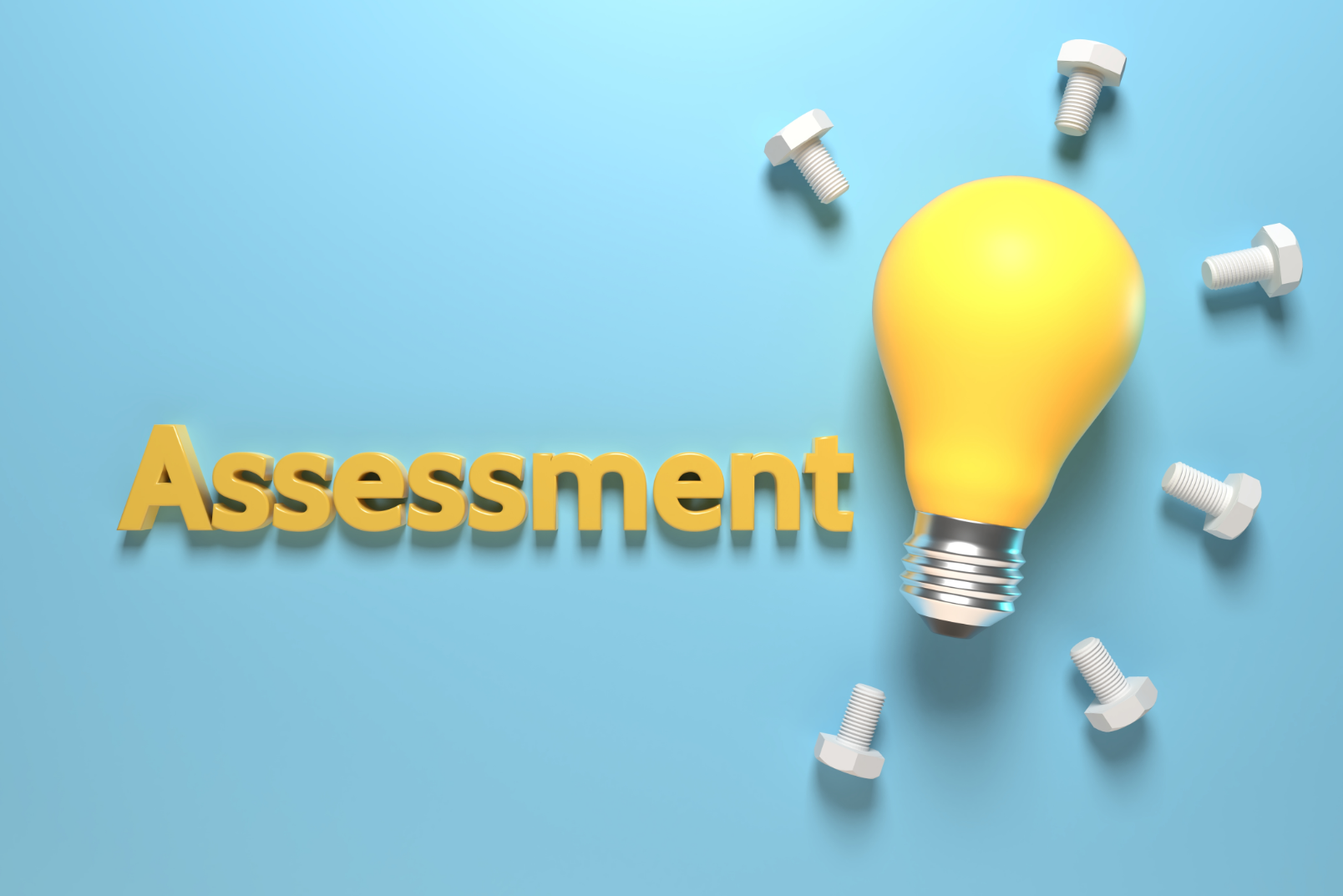
New Report on Assessment of Social Health Insurance Scheme in Selected Districts of Nepal
Nepal has implemented the Social Health Insurance (SHI) scheme in February 2015, aiming to enhance financial protection through the pre-payment approach as well as risk pooling in the health sector This study assessed the performance of the SHI scheme in terms of...
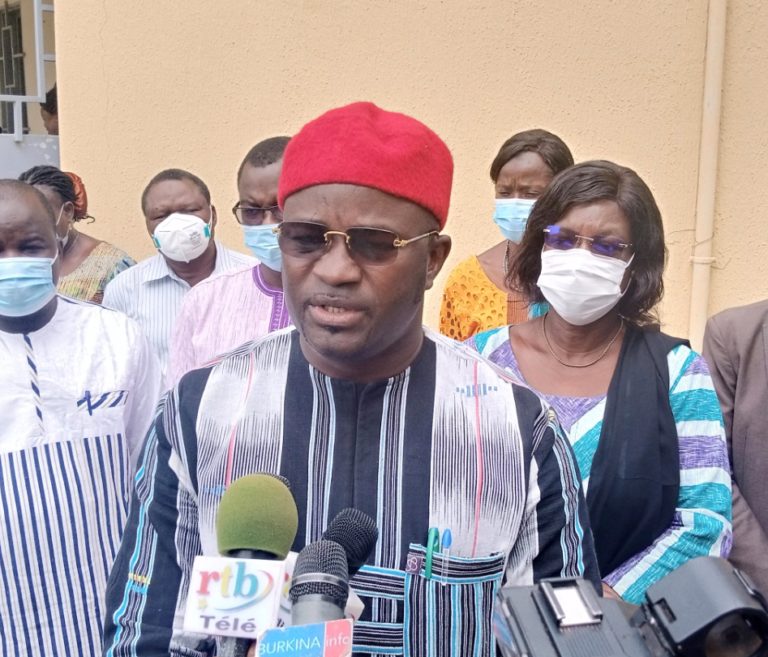
Burkina Faso-public spending: A workshop brings together stakeholders in Manga
(...) More than ever, we need to be rigorous in spending public money. Despite our limited resources, with sound management we are able to achieve our (...) This statement was made by Pr Charlemagne Ouédraogo, Minister of Health, at the end of a meeting...
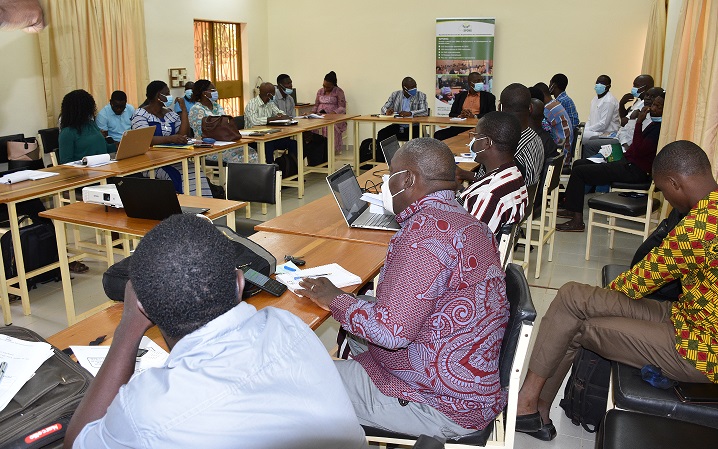
Burkina Faso-Free health care: a positive assessment according to SPONG
The Permanent Secretariat of NGOs (SPONG) and its members take stock of the year 2020 of citizen monitoring of the free healthcare measure for pregnant women and children under 5. The results are being presented this Friday, July 23, 2021, in Ouagadougou during a...
Namibia receives 100,620 doses of the Pfizer COVID-19 vaccine
As part of efforts to increase coverage of COVID-19 vaccination in Namibia, the Government received a donation of 100,620 doses of the Pfizer COVID-19 vaccine. The donation is part of a collaboration between the U.S. government, the African Union, the Africa Centers...
Thai government plans to spend 170 billion baht to save 400,000 jobs
The Thai cabinet has approved a framework for spending 170 billion baht, aiming to kick-start the economy and minimize severe social impacts due to the Covid-19 pandemic. The spending comes from the second 500 billion baht borrowed to finance pandemic relief projects...

US$63.75 million additional financing to support COVID-19 vaccination in Jordan
Jordan has received US$63.75 million in additional financing to support its efforts to promote safe, efficient and equitable access to COVID 19 vaccines. The new financing under its Jordan COVID 19 response project will support Jordan in reaching its target of...
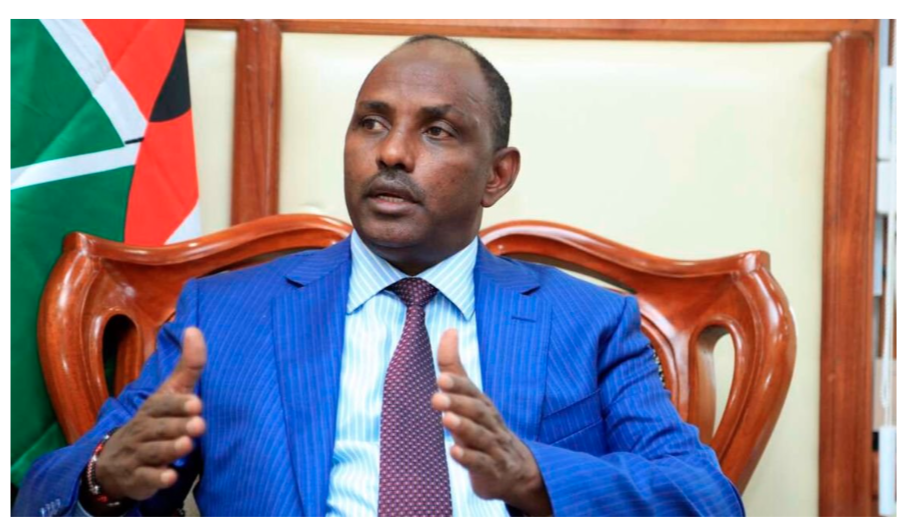
Kenya: Every home to pay NHIF Sh6,000 a year in new reforms
As part of new reforms, each household will soon be expected to make a compulsory Sh500 monthly contribution to the national hospital insurance fund (NHIF) as the country lines up a health cover for all Kenyans. The amount is a requirement for the...
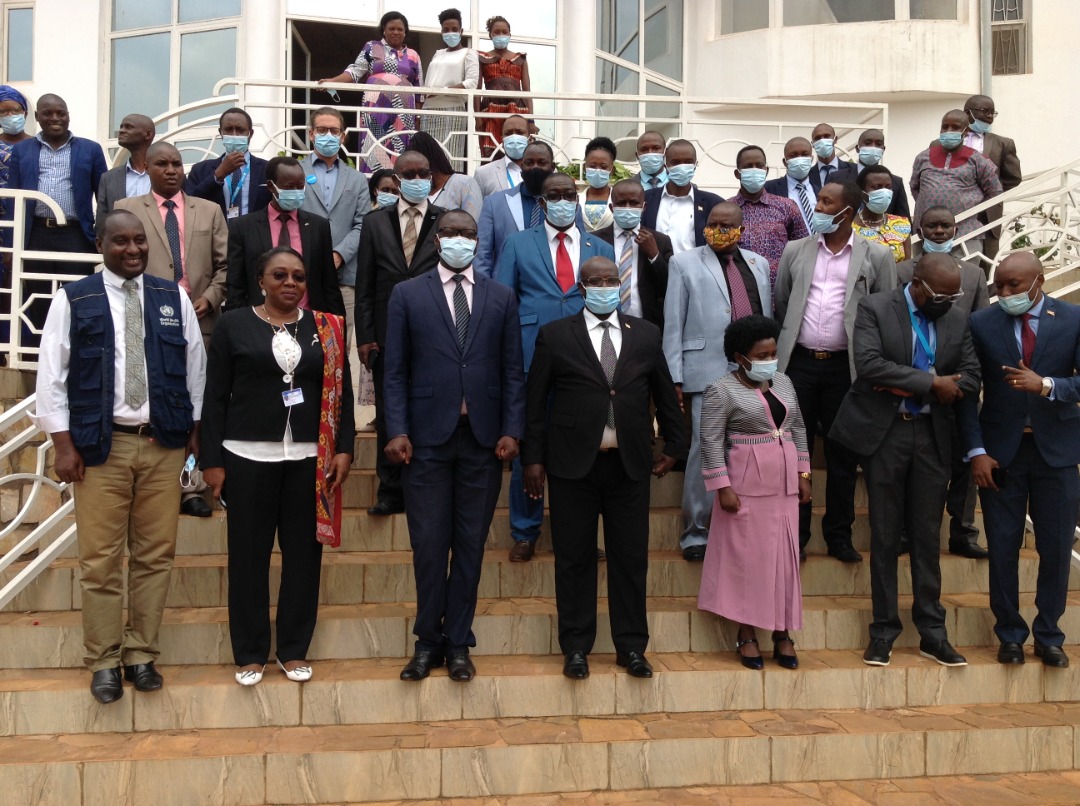
Information workshop for parliamentarians on Burundi’s National Social Protection Policy and Code
On September 27 and 28, 2021, an important workshop was held in Gitega, the political capital of Burundi, chaired by the 2nd Vice-President of the Senate, in the presence of Madame the Minister of National Solidarity, Social Affairs, Human Rights and Gender. The...
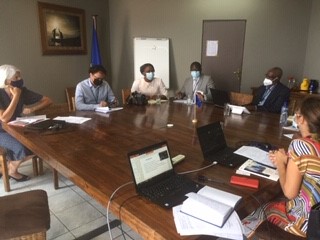
Monthly coordination meeting of health sector TFPs
The monthly coordination meeting of health sector partners was held on September 15, 2021 under the presidency of the European Union. Presentations were given on the situation of Covid-19 by WHO ; INITIATIVE (AIDS, malaria, tuberculosis) by Expertise France on a...
Ministry of Health and public university start hospital costing process
MOH and UEM public university (the oldest and most important in Mozambique) are starting a process of costing of health services, focused on hospitals. The objective is to know the costs of service provision, as well as to train hospital managers in cost accounting....
